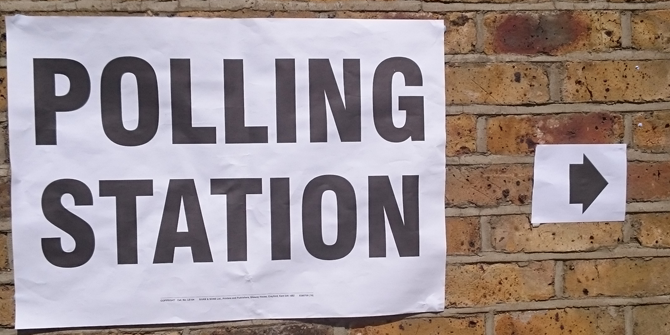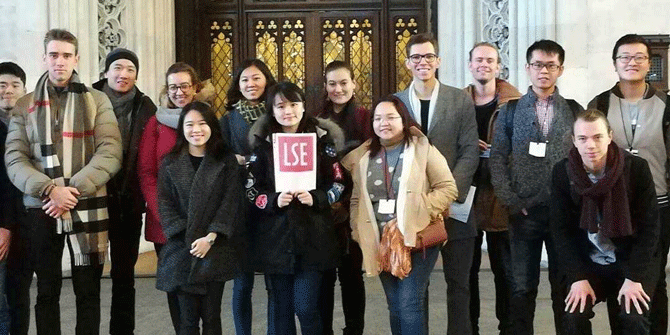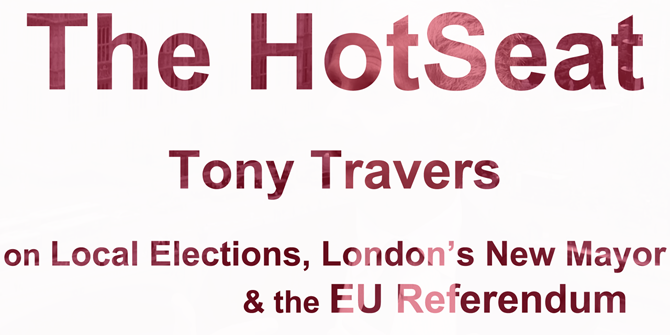
Martin Rogers gives his initial reaction to the UK May 2016 election results.
The initial tale of the May 2016 ‘Super Thursday’ is an incredibly mixed picture so it is difficult to draw too many firm conclusions from the results. However, the failure of the Conservatives’ opponents, especially the Labour party, to make any significant gains means that the Conservative party had the best overall outcome from these elections.
A Mixed Picture
On one hand, in England the Labour party has suffered a small net loss of seats and the net loss of one Council. However, the result is nowhere near as bad for Labour as was being predicted. The decline to third place in Scotland is a setback for the Labour party but this is partially offset by results in England and Wales which have been underwhelming but not disastrous. This series has previously highlighted a number of key contests where each party had to look to win, but the results from these were varied and far from clear-cut.
Conservative Gains
It is worth noting again how many factors weighed against the Conservative party in this election: six years of incumbency, austerity, public splits over the EU, a poorly received budget, the resignation of a senior Cabinet member in Iain Duncan Smith, unpopularity over junior doctors contracts, and the ‘Panama Papers’ revelations. The Conservative party has, at time of writing, suffered a small net loss in seats and no overall change in the number of English councils controlled. However, to be placed second in Scotland and overtake Labour as the official opposition there is a significant achievement.
Across England the Conservatives, considering the factors outlined above, have performed relatively well. There will be disappointment over the failure to make greater gains on Crawley, Welwyn Hatfield or Watford councils but satisfaction at gains on Trafford, Thurrock and Swindon councils – all key contests previously highlighted in this series. As the elections saw a relatively unchanged picture in England for the Conservatives, the result must favour the Conservatives.
Labour stagnation
Labour has, as predicted, become the first opposition to suffer a net loss of council seats outside of an election year since 1985. No party has ever won a general election from this position under Britain’s current local political organisation which has been in place since 1979. Whilst Labour was predicted to make large losses, the likelihood of that happening was always exaggerated given the factors in Labour’s favour. One interesting outcome of these elections has been the shifting focus between longer term structural factors, which significantly favour Labour, and shorter term factors, which are less favourable. In sum, this was a mixed result for Labour but also a poor one given all that was in Labour’s favour.
Labour has retained control of Crawley council, Cannock Chase, and Southampton, but failure to make gains in Plymouth must count as a disappointment. Losing four seats to UKIP in Thurrock is also a poor result for Labour and should be a cause for concern. That Labour is now no longer in majority control of the Welsh Assembly must be considered a poor result, as must the loss of Leighton Andrews’s seat in the Labour heartland of the Rhondda, to Leanne Wood of Plaid Cymru.
Expectations matter
On any other occasion these results could be considered poor but not disastrous for the Labour party. However, as expectations were so low, the results have been perceived to be far more positive. Labour was unlikely to make the scale of losses some forecast so these results must be seen in that context.
UKIP
Like the two major national parties, UKIP had a mixed night of results. Victory on Thurrock council, where UKIP was one vote away from winning a majority, and direct gains from Labour in Basildon, is balanced against the failure to make advances in the Sheffield, Brightside & Hillsborough by-election. High profile victory in the Welsh Assembly elections may mask this disappointment but at a time when the government is vulnerable and the issue of the European Union is heightened by the proximity of the EU Referendum, overall it is an underwhelming result of UKIP.
Liberal Democrats
The Liberal Democrats are currently the biggest winners in terms of net seat gains, though like all others the picture is far from definitive. At the time of writing they have made 36 net gains, having recently overtaken UKIP who have made 26. Gaining overall control of Watford council will bring some satisfaction for the Liberal Democrats and the gain of one seat from Labour in Milton Keynes is a positive for the party. Both of these had been highlighted previously as key indicators. However, failure to make gains in places such as Stockport, and indeed the loss of seats there, will count as a failure.
The Conservative party faced some significant obstacles in these elections. As outlined above, their incumbency, public splits over the European Union and a poorly received budget were disadvantages at this election. Given that the opposition failed to make significant gains at their expense, and indeed suffered net losses despite these advantages, the Conservative party have perhaps emerged from these elections strengthened across England and Scotland.
 For the latest analysis of 2016’s electoral contests, go to UK Elections 2016 on GovBlog.
For the latest analysis of 2016’s electoral contests, go to UK Elections 2016 on GovBlog.
 Martin Rogers is a recent graduate of the Department of Social Policy at the LSE and host of the LSE Department of Government’s video series The HotSeat
Martin Rogers is a recent graduate of the Department of Social Policy at the LSE and host of the LSE Department of Government’s video series The HotSeat
Follow Martin on Twitter – @MNBRogers





